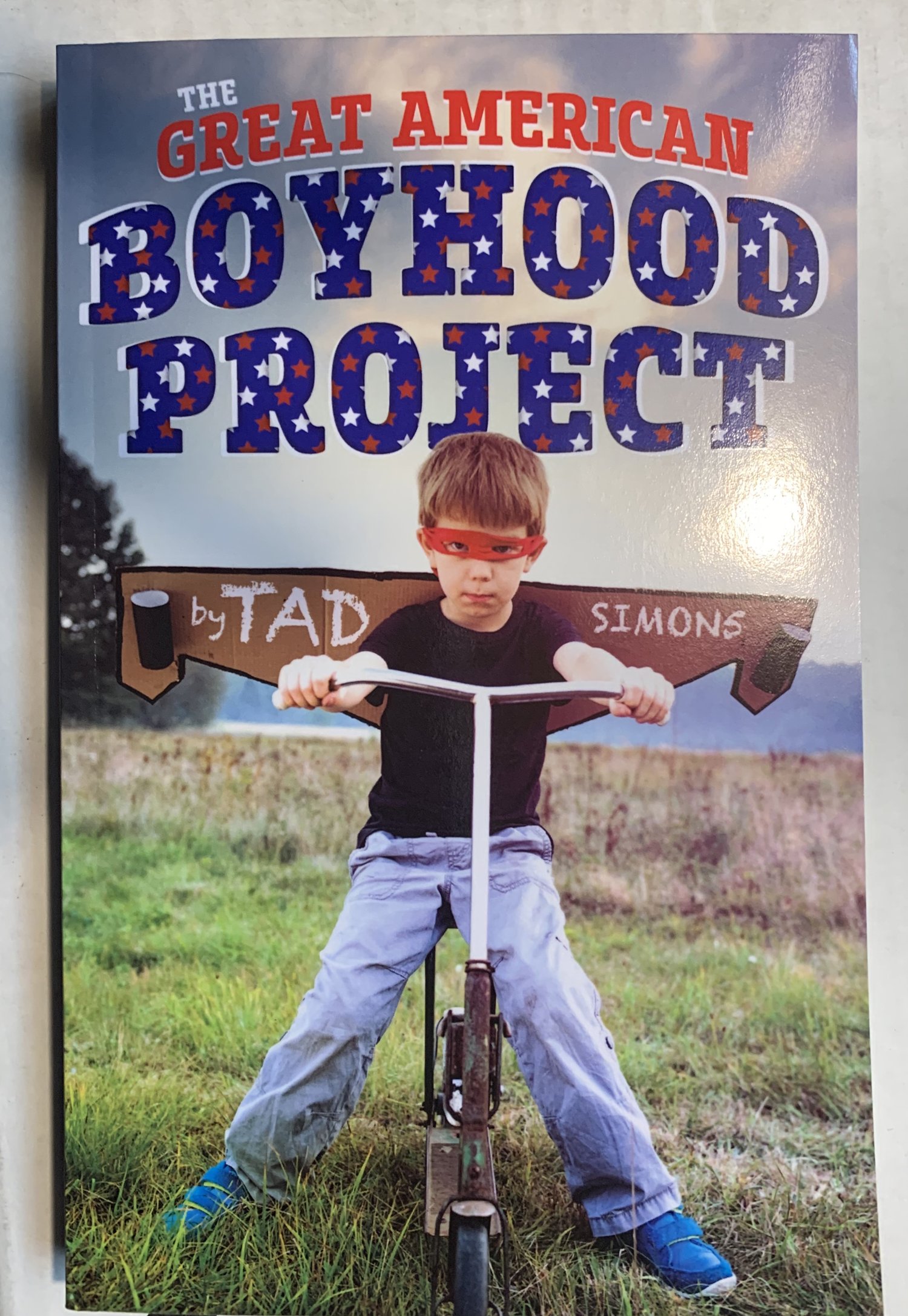In the old days, the books that sold best were either biographies of Abraham Lincoln or books about doctors and/or dogs. The joke then was that the best-selling book of all time would be a theoretical tome titled, “Lincoln’s Doctor’s Dog.”
Times have changed. The guy who eventually wrote a book called “Lincoln’s Doctor’s Dog” can’t even get four stars on Amazon.
The lesson here is that 21st-century writers must be much more creative to get people’s attention, especially when it comes to their main characters. A mere doctor will no longer do; he or she must have some other compelling qualities. To sell books in today’s competitive marketplace, a doctor would also have to be a deranged psychopath who harvests the organs of his patients, grounds them up into paint, and uses it to create art that sells for millions. Or she’d have to specialize in a form of healing that attracts only male customers, then suck their blood and send their souls into the fiery pits of hell. And if the doctor has a dog, it had better transform at the full moon into a hairy fanged beast that feeds on the homeless or roams the night inseminating the neighborhood dogs with his demon seed as part of a master plot to vanquish the human race.
Or something along those lines.
The point is, no one wants to read about good people doing good work anymore. They want to read about sick lunatics who do unspeakable things, supernatural creatures who prey on human weakness, psychotic evil-doers who wreak apocalyptic mayhem wherever they go, and beings who have bad skin and look dead—but aren’t!
Teenagers, in other words.
Teenage vampires are all the rage, of course, as are teenage werewolves, zombies, and succubi. For a while there, all you had to do in order to sell a few million copies of a book was fill it with lithe teenage mutants and make them have sex with each other. That’s been done to death, though, in every combination possible, so publishing companies are now worried that their goldmine of deviant teenage sex may be tapped out. To aspiring writers out there, that means opportunity.
The big question no one can answer is: What type of crazed teenage stereotype does the zeitgeist want next?
You could go old school and create a teenage blob that consumes everything in its path, but that already applies to most teenage boys in America. Or you could create a teenager from outer space who is ten times smarter than everyone else—but again, that basically describes every high-achieving teenage girl in the country. You could of course try making these two character types have sex with each other, but does the world really need anymore super-intelligent blob-men? We already have Chris Christie, after all, so maybe we should stop there.
People make fun of Stephanie Meyer, author of the beloved Twilight series, but the truth is, it’s difficult to come up with a plausible teenage monster that people will like. The bigger problem is that teenagers themselves are not very interesting, and turning them into monsters only makes them marginally more interesting. So writers who want to work in this genre have their work cut out for them.
If bloodsucking teenage hooligans aren’t your thing, there’s always the option of inventing a super-smart detective who solves crimes either by his superior powers of deduction, or through the means of special power that allows him or her to apprehend criminals no one else can catch.
All such detectives are based on the great Sherlock Holmes, of course, so be sure to study your Arthur Conan Doyle. And if you feel the need to give your detective a superpower, like the ability to read minds, be careful. On the TV show “The Listener,” for instance, the protagonist’s superpower is an uncanny ability to “hear” the criminal confess what he did and why—a skill that obviously negates the need for any actual detective work. The problem is, this guy can solve just about any crime in minutes, but the show lasts an hour. If you’re the writer, that means you have to fill the other 58 minutes of the show with something else. Snarky detective wise-cracking only goes so far, and the back-story of a mind-reader is usually tragic, especially in relationships, where hiding what you’re really thinking is of paramount importance.
All I’m saying is, if you are a writer who wants to sell a lot of books these days, the competition is stiff. Books about Abraham Lincoln still sell, of course, but they typically require lots of research, and that takes time. It’s much more efficient to sit down, put your thinking cap on, and try to come up with some kind of creepy teen-sex fantasy that no one has tried before.
And just so you know, I’m already working on a novel about a troupe of runaway teenage clowns who suck the happiness out of their audience’s souls and send them back out into the world, empty and hopeless, while they stay back in their tent and have drug-fueled clown orgies. My only concern is that it is too realistic. I’ve raised a teenager, so I know what it’s like. I also know that people don’t want to read about real life—they want to escape into a fictional world where some of those sex-crazed teen psychopaths die. I’m thinking maybe I’ll have a few of my characters contract some sort of sad-clown disease, or have them run into a band of roving gypsies who must sacrifice a clown baby to their god every month to ward off depression.
I don’t know—I’m still working on it. Trust me, writing best-selling fiction isn’t as easy as it looks.


